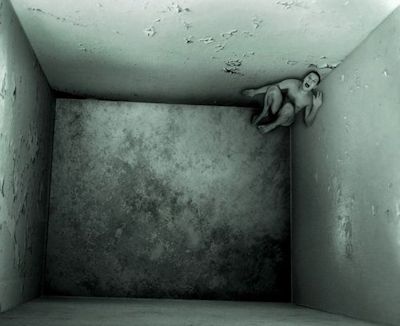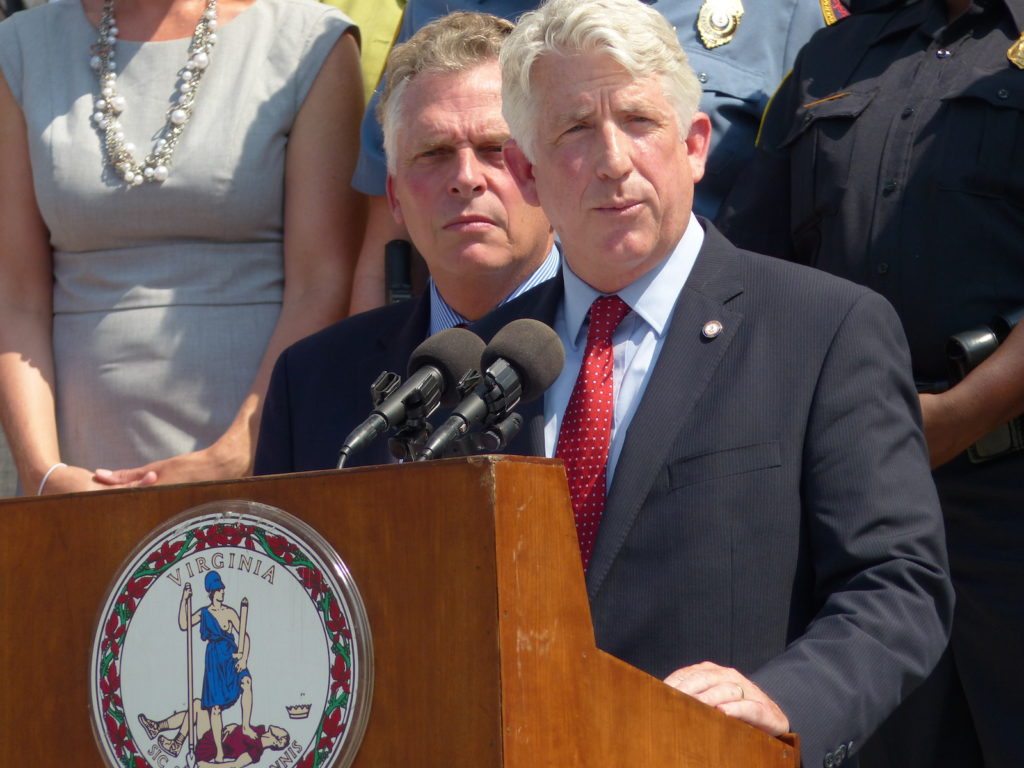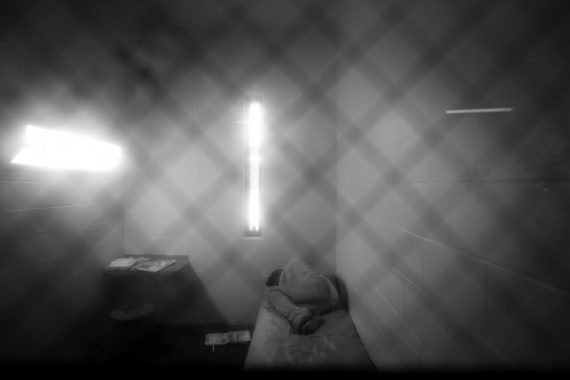
(2-5-18) Want to reduce the suffering of individuals with serious mental illnesses held in Virginia jails and prisons?
Send an email or call state Senator Ryan T. McDougle (R) – Senate District 4), at district04@senate.virginia.gov (804) 698-7504 and urge him to support Senate Bill No. 801 currently in his Rules Committee.
Introduced by Virginia state Senator Barbara Favola, the legislation would require the Virginia Department of Corrections and the Department of Behavioral Health and Developmental Services to study and devise plans to reduce the use of solitary confinement for prisoners who suffer from serious mental illnesses.
The two state agencies would also be tasked to develop strategies ensuring “that prisoners with serious mental illness (SMIs) receive necessary and appropriate treatment delivered with a focus on the patient.”
 Inmates are typically held in 80-square-foot cells for 23 hours a day, seven days a week. They are supposed to receive one hour a day of recreation five times a week, but those exercises are done inside a 96-square-foot, fenced area – basically a large cage. Inmates eat alone in their cells and, by design, have little, if any, interaction with others.
Inmates are typically held in 80-square-foot cells for 23 hours a day, seven days a week. They are supposed to receive one hour a day of recreation five times a week, but those exercises are done inside a 96-square-foot, fenced area – basically a large cage. Inmates eat alone in their cells and, by design, have little, if any, interaction with others.
You can imagine how those conditions compound problems for someone with a serious mental illness. (Please share your personal stories on my Facebook page if you or a loved one has been held in such conditions.)








